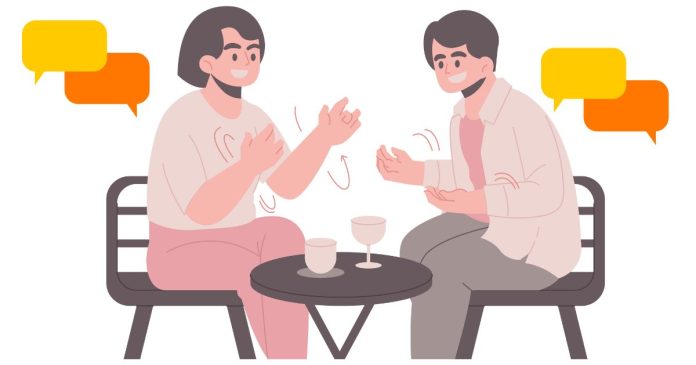When someone says “You’re the best,” it’s generally a compliment and expression of appreciation. However, the exact meaning can vary depending on the context, tone, and the relationship between the speaker and the listener. Let’s break down the possible meanings and scenarios in which someone might use this phrase.
1. Genuine Compliment or Praise
In most cases, “You’re the best” is a direct compliment, indicating that the speaker thinks highly of the person they’re addressing. This could refer to their qualities, skills, or actions that the speaker finds exceptional. For example:
- If someone helped another person through a difficult situation, they might say, “You’re the best,” to acknowledge the kindness or effort shown.
- A person who excels in a certain area, such as in their work or a hobby, might hear this phrase from others as a way of showing respect and admiration for their abilities.
2. Expressing Gratitude
The phrase can also be used to show gratitude. For example, if someone does something kind for another, the speaker might say, “You’re the best,” as a way of expressing thanks in a more heartfelt or enthusiastic way. It can be an informal yet genuine way of acknowledging someone’s helpfulness.
- Example: If a friend buys you a thoughtful gift, you might say, “You’re the best!” as a way of showing how much you appreciate their gesture.
3. Reinforcing Positive Emotions in Relationships
In close relationships, especially romantic or familial, saying “You’re the best” can be a casual, loving way to affirm affection. It might not just be about specific actions but a general appreciation for the person’s role in the speaker’s life.
- Example: A partner who has consistently supported you might say, “You’re the best” to express how much they value your presence in their life.
4. Playful or Lighthearted Compliment
Sometimes, the phrase is used in a more playful, casual way to keep the mood light or to acknowledge a small favor or something humorous. In this case, the speaker may not necessarily mean it as an intense or serious compliment but still intends to make the other person feel good.
- Example: If someone helps another person with a small task or provides a humorous solution to a trivial problem, they might say, “You’re the best!” to keep things fun and friendly.
5. Over-Exaggeration or Hyperbole
On some occasions, the phrase “You’re the best” could be an exaggeration. The speaker might use it to emphasize their admiration, even if the action or quality being referred to isn’t necessarily the best in the literal sense. In this case, it’s used more to express enthusiasm than to make a factual claim.
- Example: If someone lends a small but thoughtful hand with a problem, the speaker might say, “You’re the best,” to show how much that gesture was appreciated, even if it’s not something life-changing.
When someone says “You’re the best,” they are generally offering a form of praise, gratitude, or acknowledgment, though the depth and context can vary. It can be a way of expressing affection, recognition, or simply making the other person feel appreciated. Whether said seriously, playfully, or exaggeratedly, it’s a positive expression that conveys admiration and appreciation for the other person’s actions, qualities, or overall presence in the speaker’s life.


